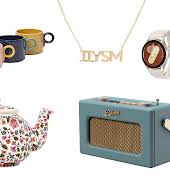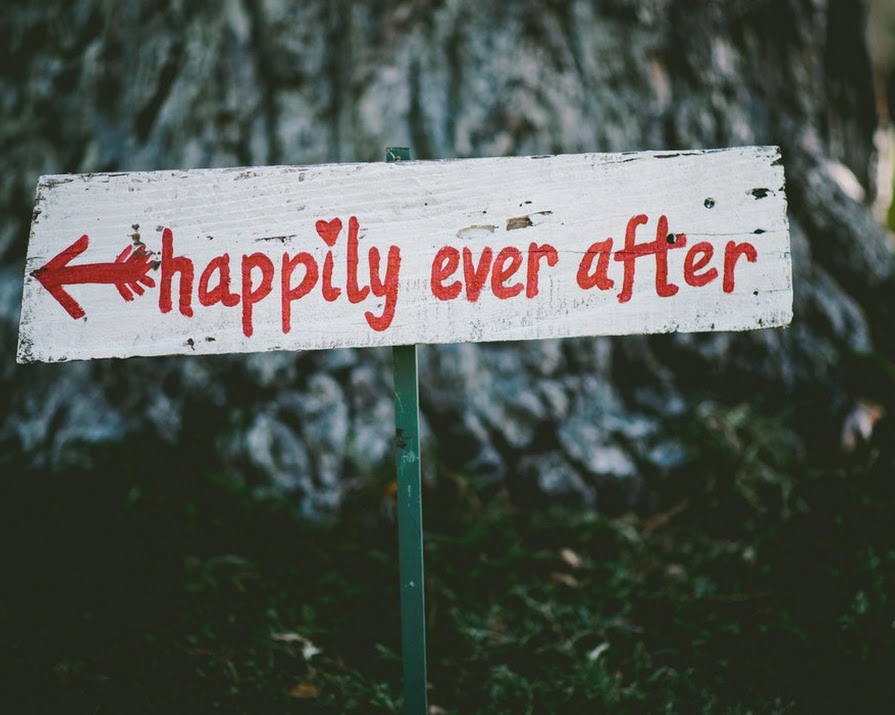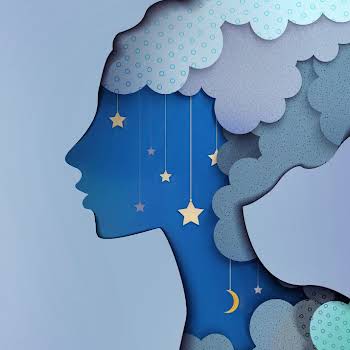
By Erin Lindsay
09th Aug 2018
09th Aug 2018
This past weekend, I was lucky enough to attend both a wedding and an engagement celebration – not of the same people, thank God. While it was mostly a weekend of total joy and happiness, I started to become conscious of a more insidious theme of these romance-filled events – the ensuing interrogation of the singletons.
“Ah, still flying solo this year, are we?”
“It’ll be you next! Once you meet someone, of course”
“Any sign of a fella yet?”
What is it about weddings and engagements that bring out the caveman-like traditional side of Irish people? In any other social situation, quizzing someone on their biological clock would be (rightly) seen as totally inappropriate. But at these events, privacy goes out the window and single folk are just expected to put up with the not-so-silent judgement.
While I was given endless grief this weekend over when I was going ‘to get the finger out’ and get hitched to my long-term boyfriend (I’m 24 by the way), I was glad of at least having him there to share the awkward laughter. The single ladies present had to deal with the invasive questioning on their own – not exactly the conversations you want to be having before getting up on the dance floor to Maniac 2000.
Just because I happen to be in a relationship, does that mean I’m automatically a more well-rounded, emotionally happy person? That I’m more likely to have a long and happy life, just because I’ve locked down someone to marry? Of course not. It isn’t fair that I’m made to feel as if I can ‘relax’ about life in general because I’ve got a partner, while my single counterpart, who may be excelling in every area of her life, is made to feel as if she’s racing against the clock to achieve happiness.
Ireland is slowly shedding its reputation of being an overly-traditional, Catholic guilt-ridden country. We’re getting rid of our prejudices about how families and relationships work and becoming more open to all different paths of life. Women are reaching new heights of success in every area, both socially and career-wise. So why does it only take one family wedding or engagement to reduce their worth back down to whether they’ll walk down the aisle or not?
Getting a ring on your finger seems, to me anyway, to be one of the last real indicators of our overly traditional Irishness. A young woman can be smart, successful, beautiful inside and out, and still be put under massive pressure to find a man before ‘time runs out’. But what does that even mean – time running out? Time running out for what? For life? For love and happiness and new experiences? Do they all stop when you turn 40? Absolutely not. But according to some folk, if you’re not hitched in the house with the 2.5 kids, they’re meaningless.
Understandably, a lot of the interrogation comes from a mindset of a different time. My parents, for example, were married at 21 and 23. My friend’s parents married when her mam was just 16. The 70s were a totally different time for relationships, and as my mam very honestly and candidly admits, “people got married because they wanted to have sex”.
Nowadays, we have the freedom to travel, to live together, to try out a different relationship when one doesn’t work out. Women work for their own money, have their own lives and are self-sufficient. We marry each other for love, not for safety or money or a way to escape our parents’ houses. Marriage no longer equals security. It’s time to stop acting like it’s the only path for a woman to follow.























